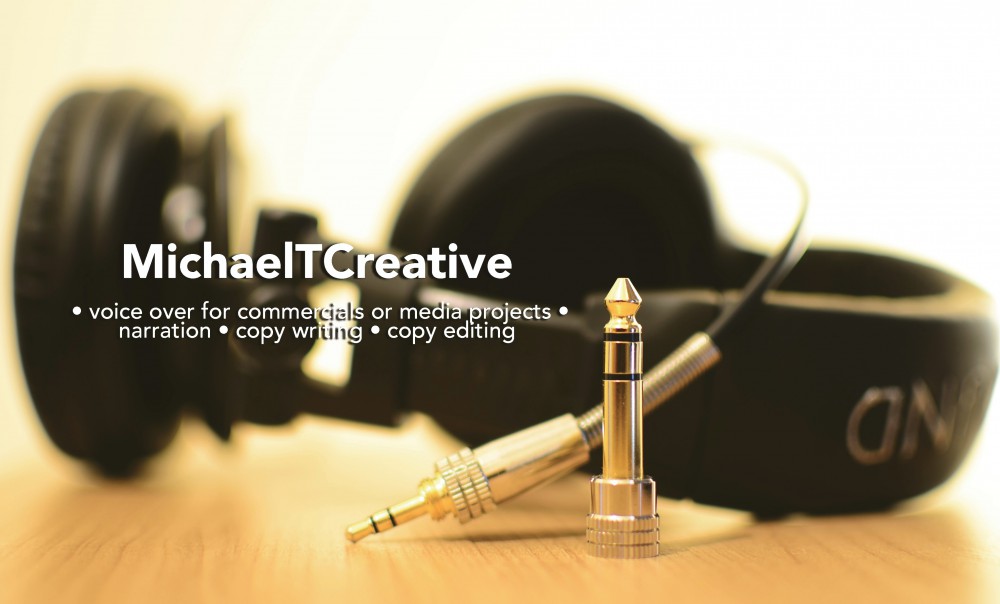by Michael T. Shishido
A lot of advertisers and ad agencies like to use the word “we” in their spots. “We are the premier widget company in hometown, USA.” “We carry all major brands.” “We promise to never break our promises.”
The business owner or person in charge of marketing or the copy writer at the agency will think they’re putting forth their best marketing effort. That’s all fine and good until you give that copy to the radio or TV station to produce, and someone other than the owner voices the commercial.
Here’s why I avoid using the word “we” in spots. Unless Mr. or Ms. Business Owner is going to voice their own commercial, said commercial will be voiced by a radio station DJ or someone at the station who can perform well in front of a microphone. And they are not you or your business. Radio DJs are doing their best to be themselves, carving out a personality on the radio. Some of that may or may not represent your brand as well as you’d like. Unless you’re paying them to personally endorse your product or service, you’d be better off saying “they” instead of “we.”
Another reason why you should not use “we” in your spots is the fact that the listener may not even know who “we” is. Take the opportunity to say the name of your company instead. Trust me: you cannot say the name of your business enough. It’s meaningful to you, but it’s not nearly as meaningful to your audience.
I’ve seen spots written by clients that start out saying “ABC widget company is the best widget company in the known world.” Then they go on to say “we do this, we do that” throughout the next 25 seconds. Then they’ll close with “ABC widget company. Call us at 555-555-555. Or visit online at ABC widgets dot com.” The middle of the commercial is completely devoid of the name of the company. People aren’t listening as closely as you’d like. They’re driving, eating, texting, checking their social media, feeding hungry kids, etc. You get the idea. They’re busy.
It’s better to say the name of your company instead of “we” and get your name out there throughout the 30 or 60 seconds of your commercial. I like to use the name every other time to avoid sounding too repetitious. “ABC Widgets is fantastic. They have the best widgets. ABC widgets makes their widgets to your specs. They don’t make ’em till you order them. Call ABC Widgets at #. Or find them on the web at…”
Leap frog your name like this, and it gets your name out there in an effective yet unobtrusive way.
Don’t use “we.” Get your brand name out there instead.



